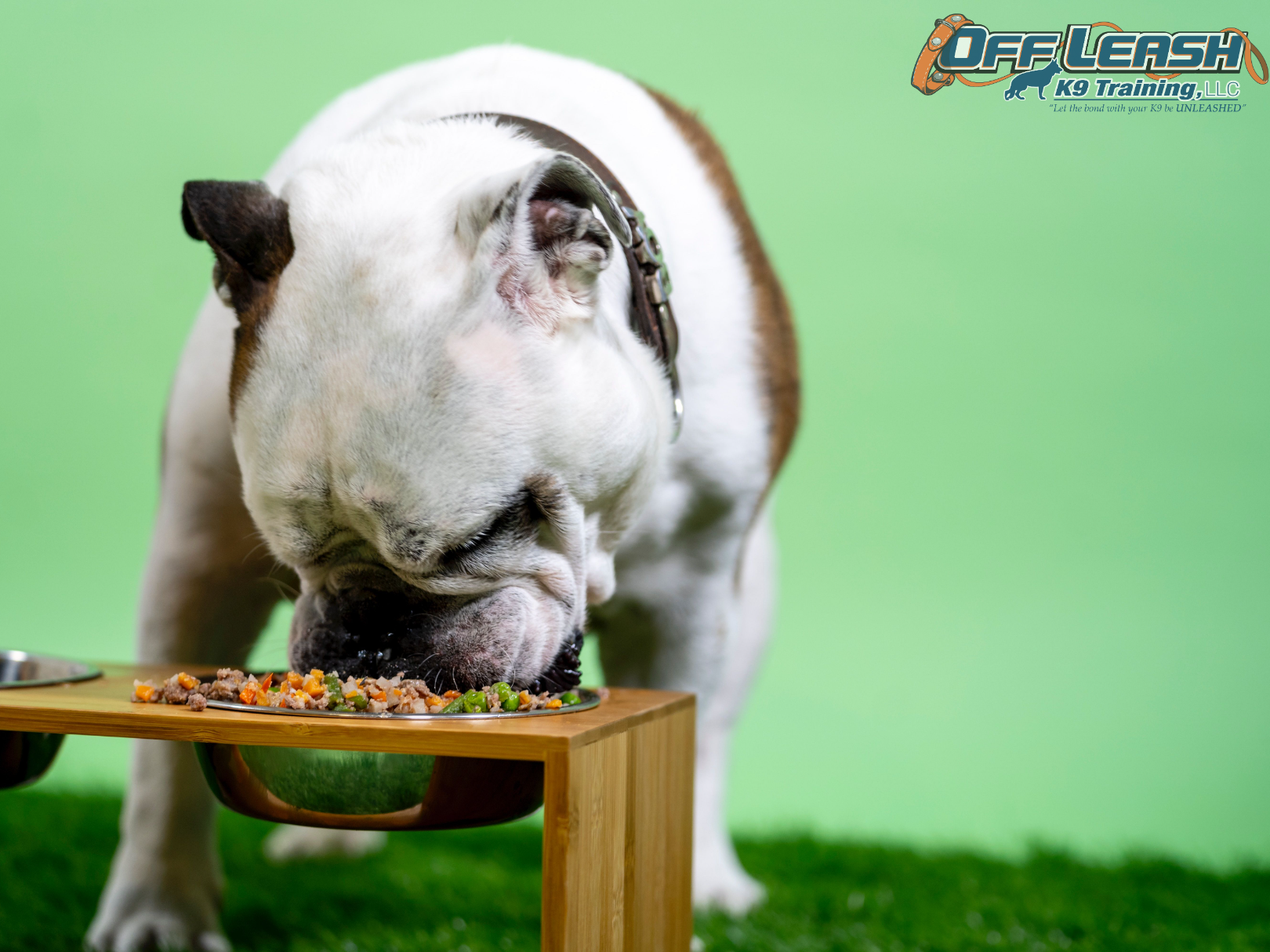This article discusses the reasons for dog food recalls and provides tips for staying informed, including understanding the main causes of recalls, the impact on pet health and brand reputation, and strategies for pet owners and companies to protect their pets and prevent future incidents.
Introduction to Dog Food Recalls and Staying Informed
Navigating the intricate realm of pet food safety can be daunting, yet it is crucial for the well-being of our furry companions. Regulatory bodies, notably the FDA, are at the forefront of this effort, diligently monitoring the safety and quality of pet food recalls. This vigilant oversight has led to a noticeable increase in the frequency of pet food recalls. However, this rise is not solely due to more frequent safety lapses; it’s also a reflection of advancements in detection technologies and a tightening of regulatory standards aimed at protecting pet health. For those invested in the health of pets—be it pet owners or the companies that feed them—the importance of understanding the root causes of these recalls cannot be overstated. It is a critical step in preventing future issues, ensuring the safety of pet food, and preserving the bond of trust between pet food brands and the consumers who rely on them.
In this landscape of heightened vigilance and improving standards, staying informed about pet food recalls is more important than ever. It empowers pet owners to make safe, informed choices for their pets, and it challenges pet food companies to uphold the highest standards of quality and safety in their products. As we delve deeper into the specifics of dog food recalls, including their causes, impacts, and how to stay ahead of them, remember that an informed pet owner is a pet’s best advocate. Keeping abreast of the latest recall information and understanding the mechanisms behind these incidents can significantly contribute to the health and happiness of pets everywhere.
Understanding Dog Food Recalls
Classes of Dog Food Recalls
Dog food recalls are categorized into three classes based on the level of threat they pose to pet health. Class I recalls are the most serious, indicating a reasonable probability of serious health consequences or death. Class II recalls are less severe, involving products that may cause temporary or medically reversible adverse health consequences. Lastly, Class III recalls are issued for products unlikely to cause adverse health consequences but that have violated FDA regulations.
Main Causes of Dog Food Recalls
Several factors contribute to dog food recalls, including inadequate quality control, mislabeling, and contamination during production. An illustrative example is the recall due to foreign objects, such as plastic or metal pieces, found in pet food, posing a choking hazard or internal injury risk to pets. Another significant cause is the misformulation of diets, which can lead to nutritional imbalances and adversely affect pet health.
The Impact of Dog Food Recalls
Health Risks for Pets
The health implications for pets consuming recalled food can be severe. For instance, aflatoxins in contaminated food can cause serious liver damage, while salmonella contamination not only affects pets with gastrointestinal issues but can also pose a risk to human health. Furthermore, excessive vitamin D levels in pet food can be toxic, potentially leading to kidney damage and other health problems.
Financial and Reputational Costs for Brands
Dog food recalls can inflict significant financial and reputational damage on pet food brands. Companies may face lawsuits and compensation claims from affected pet owners, leading to substantial financial losses. The reputational damage from a recall can erode consumer trust and significantly reduce market share, with long-term impacts on brand perception.
Staying Informed and Protecting Your Pet
Sources for Recall Information
Pet owners can stay informed about dog food recalls through various channels. Subscribing to email lists from reputable pet food companies can provide immediate notification of recalls. Joining online forums or social media groups dedicated to pet health and safety is another effective way to stay updated. Following sources such as Dog Food Advisor can also help owners stay informed on the latest recalls. Additionally, pet owners should regularly check pet food packaging for lot numbers and expiry dates to monitor for potential recalls.
Preventative Measures for Pet Owners
To protect their pets, owners should keep detailed records of their pet’s food consumption and any related health issues. Diversifying a pet’s diet can also reduce the risk associated with a single brand or type of food. Proper storage of pet food is crucial to prevent contamination and spoilage, thereby reducing the likelihood of a recall.
Recall Management Strategies for Brands
Navigating through a dog food recall is a challenging task that requires strategic planning and execution by pet food brands. A cornerstone of effective recall management is the partnership between brands and regulatory bodies, such as the FDA, to ensure all safety protocols and standards are met. This collaboration is crucial for the timely identification and resolution of issues that could pose risks to pet health. By working closely with these agencies, brands can facilitate swift recall processes, thereby minimizing potential health risks to pets and financial impacts on the company.
Moreover, transparency and clear communication with customers during a recall event are paramount. Brands must inform consumers and stakeholders about the nature of the recall, the specific products affected, and the steps being taken to address the issue. This open communication helps maintain trust and demonstrates the brand’s commitment to consumer safety. Additionally, engaging with customers to gather feedback and conducting thorough post-recall evaluations are essential for identifying the root causes of the recall. These steps enable brands to implement necessary changes to their production or quality control processes, ultimately enhancing the safety and quality of their products. By adopting a proactive and responsive approach to recall management, pet food companies can better protect their customers, their pets, and their reputation in the long run.
Conclusion on Dog Food Recalls and Staying Informed
Understanding and staying abreast of dog food recalls is not just a responsibility but a critical step every pet owner and pet food manufacturer must take to safeguard the health and well-being of pets. With the ever-present risk of contamination, mislabeling, and nutritional imbalances in pet food products, being informed allows for swift action, reducing the potential harm to pets. Moreover, engaging in effective recall management practices enables pet food companies to address issues promptly, minimizing financial and reputational damage. For pet owners, this vigilance translates into better care and protection for their furry family members, ensuring they lead happy, healthy lives.
For those looking to further bolster their pet’s safety, seeking expert advice on pet training and behavior is invaluable. Training programs like those offered by Off Leash K9 Training of El Paso, TX, not only enhance obedience and behavior but also equip pets with the skills to avoid dangerous situations that could compromise their health. These programs, designed for dogs of all ages, breeds, and sizes, aim for 100% obedience, 100% off-leash, and 100% distraction-proofing, creating a safer and more enjoyable environment for both pets and their owners. For comprehensive training solutions that prioritize your pet’s safety and well-being, explore the offerings at Off Leash K9 Training of El Paso, TX, where experienced trainers are ready to assist.





